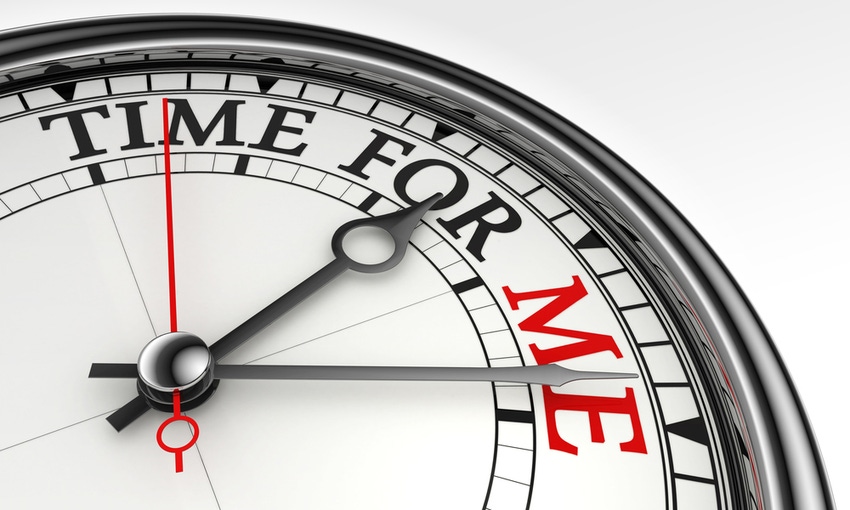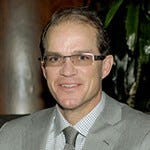How many hours a day do you spend working? The number is probably staggering.
February 12, 2018


T.C. Doyle
By T.C. Doyle
Question: How many hours a day do you spend working?
Six? Eight? Ten or more?
If you’re like most tech professionals, the number is probably staggering. But now let me rephrase the question and ask you this: How many hours a day do you spend on tasks that contribute to desired outcomes or help achieve core business objectives?
After you subtract time spent in perfunctory meetings, business dinners, airport security lines, email boxes, etc., I am betting the number is depressingly small. One study reveals that employees of big companies spend a scant 45 percent of their day on primary duties. The rest is spent on a jumble non-strategic stuff and “interruptions.”
I’m not suggesting that the prescription for increasing output is the four-hour work week — but, hey, nice work if you can get it. Instead, I am suggesting you consider a little more “executive time.”
Yes, I am referring to the oft-maligned phrase that punctuates Michael Wolff’s book on U.S. President Donald Trump, “Fire and Fury.” Regardless of what you think of Wolff – or Trump for that matter – consider for a moment the value of “executive time.” Wouldn’t you achieve more if you zealously carved out some more time for yourself? Time to think, reflect and execute? Research and new thinking indicate you might.
Consider the finding from a study completed by Morten Hansen, a professor of management at the University of California, Berkeley. Writing recently for The Wall Street Journal, Hansen reconsiders what many of us have come to believe about hard work and success: more of the former leads to the latter. Turns out conventional wisdom is bunk: “Hard work isn’t always the best work,” Hansen sums. “The key is to work smarter.”
What exactly does that mean? Success often comes from doing less, he found. Top achievers, Hansen says, do fewer things but do them exceptionally well. Here he explains in his own words:
“The common practice we found among the highest-ranked performers in our study wasn’t at all what we expected. It wasn’t a better ability to organize or delegate. Instead, top performers mastered selectivity. Whenever they could, they carefully selected which priorities, tasks, meetings, customers, ideas or steps to undertake and which to let go. They then applied intense, targeted effort on those few priorities in order to excel.”
So how does one go about doing less or “letting go” in today’s corporate environment? It’s not easy. Given the hundreds of emails that businesspeople deal with each day, the numerous Snapchat requests, Skype for Business meeting invites, LinkedIn notifications, IM chats, Slack discussions and more, it’s a wonder anyone gets anything done. The typical middle manager in America, for example, spends one-third of his or her day on email alone. Why? I wonder.
After a decade or more of being told that collaboration is the key to greater productivity, there is scant evidence to support this. In fact, there is mounting data that reveal just the opposite — i.e., that collaboration is killing our productivity.
I’m not saying that collaboration is in and of itself the problem; instead, it’s the way we …
… currently do it.
High achievers have known this for years. Many have their own personal rules for working more productively. Comedian Jerry Seinfeld, for example, says the key to his high output is, “Don’t break the chain.” The late Stephen Covey made an entire career out of defining the “Seven Habits of Highly Successful People.” Not a damn one of his ideas involves attending more meetings. Instead the best advice he and others have come up with involve putting first-things first and honing one’s abilities over a sustained period of time.
Don’t get me wrong: Covey and others absolutely believe in the value of teamwork; it’s vital, they say.
But when teamwork overwhelms, consider carving out a little “executive time” so you can get things done. While there may be no “I” in team, there sure as hell is a “me” in there.
Sometimes you just need to be reminded.
T.C. Doyle is senior director of content for Channel Futures & Channel Partners.
LinkedIn: linkedin.com/in/tcdoyle
Twitter: @tcdutah
Read more about:
AgentsYou May Also Like
